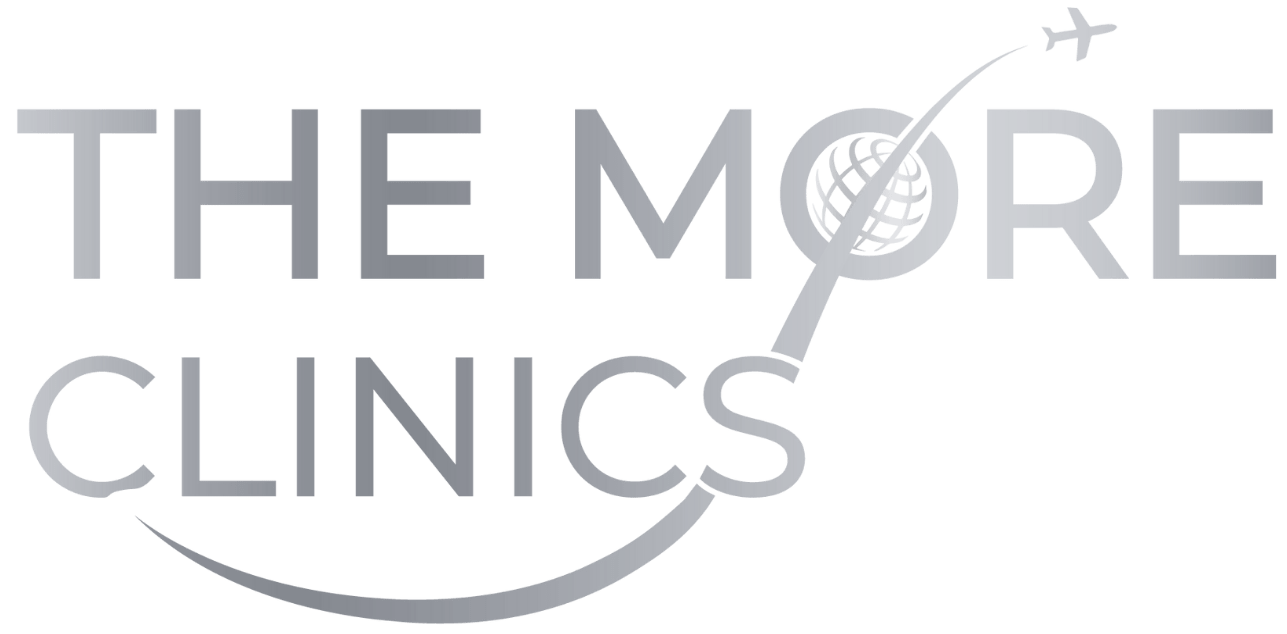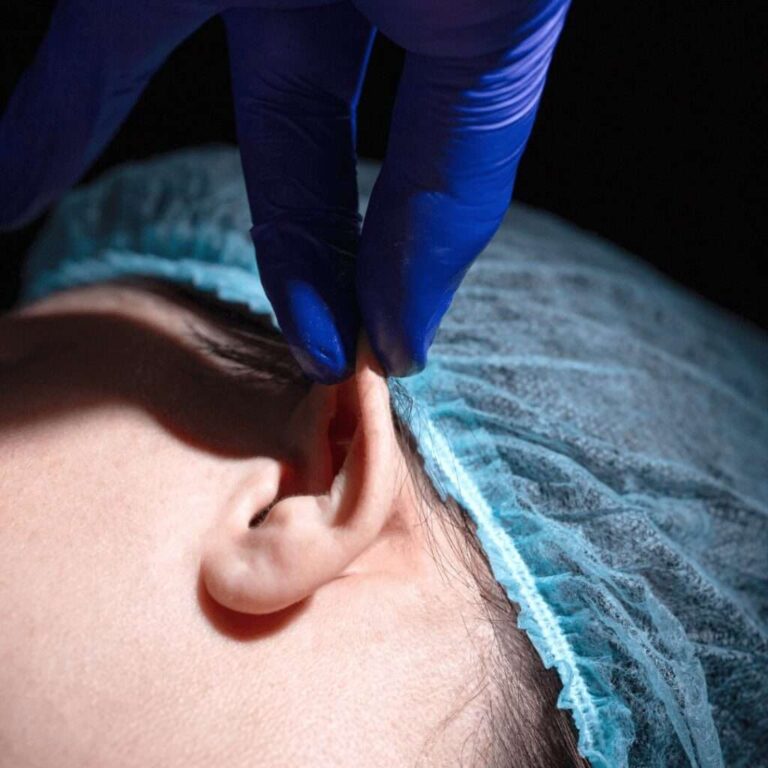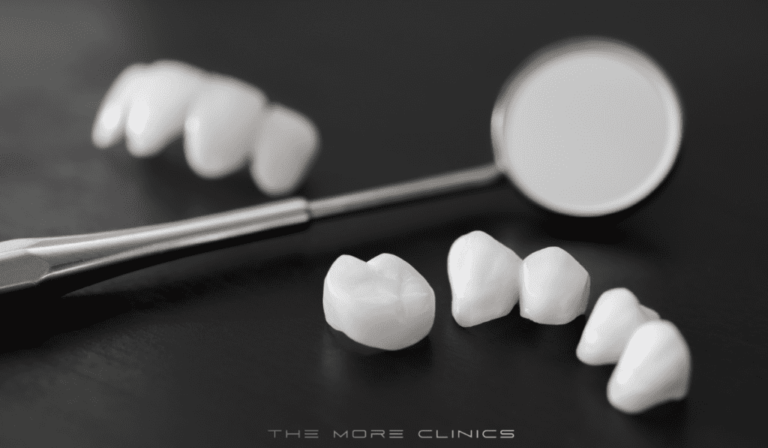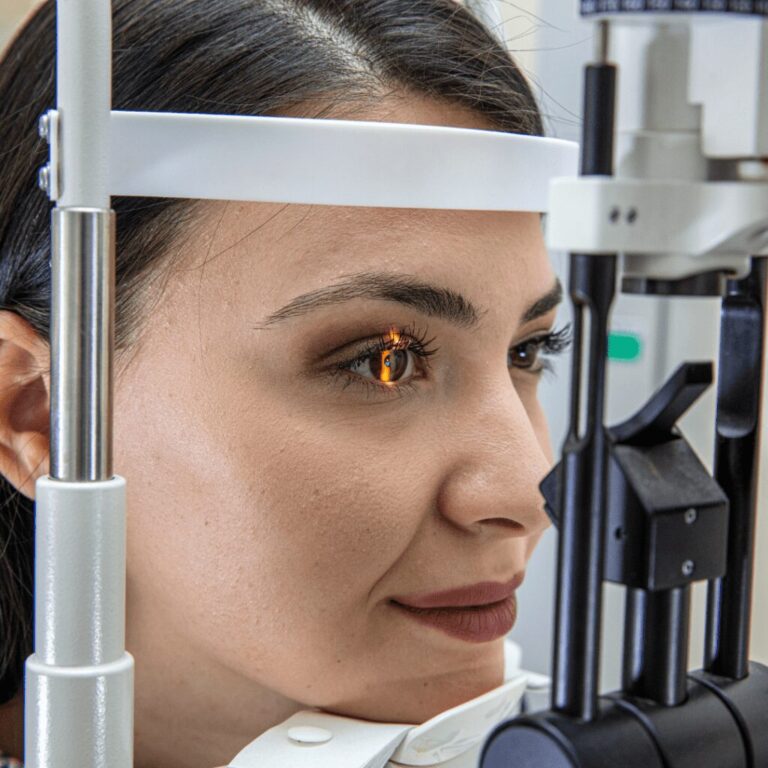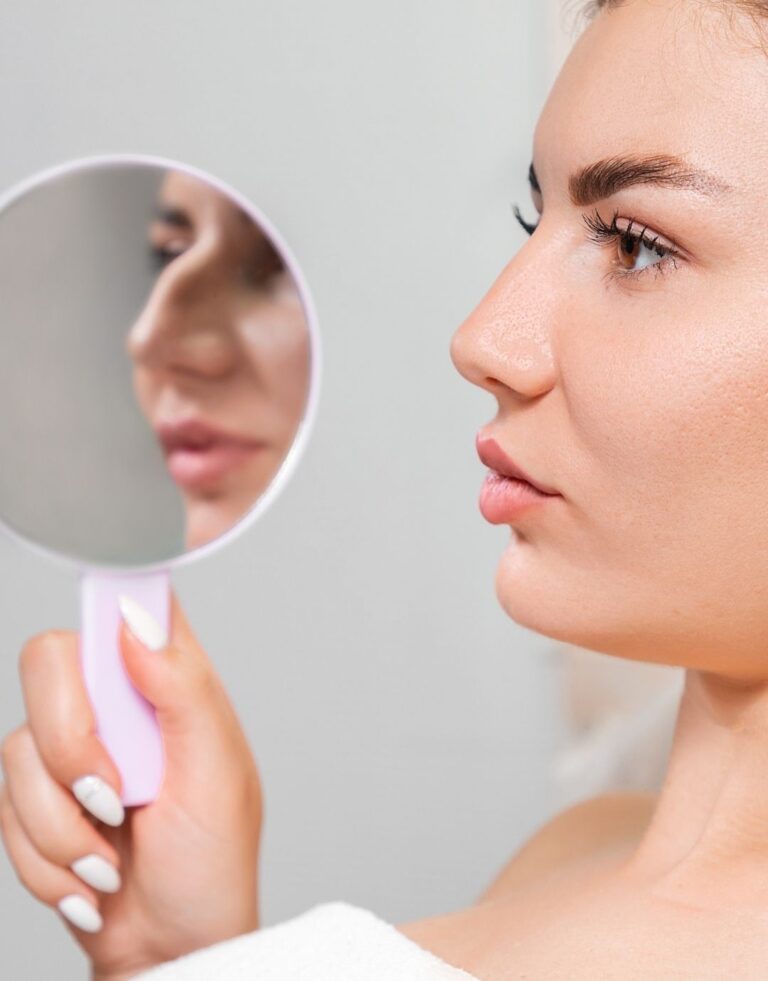iLasik Eye Laser Surgery Recovery Guide
iLasik eye surgery is a cutting-edge procedure designed to correct refractive errors and reduce dependency on glasses or contact lenses. The surgery involves reshaping the cornea using laser technology, allowing light to focus accurately on the retina. This advanced technique offers numerous benefits, including improved vision clarity, enhanced visual acuity, and a quick recovery period.Recovering from iLasik eye laser surgery is a critical part of your vision correction journey. This blog post aims to provide a comprehensive guide on what you can expect during your ilasik recovery process and how The More Clinics can support you throughout this time.
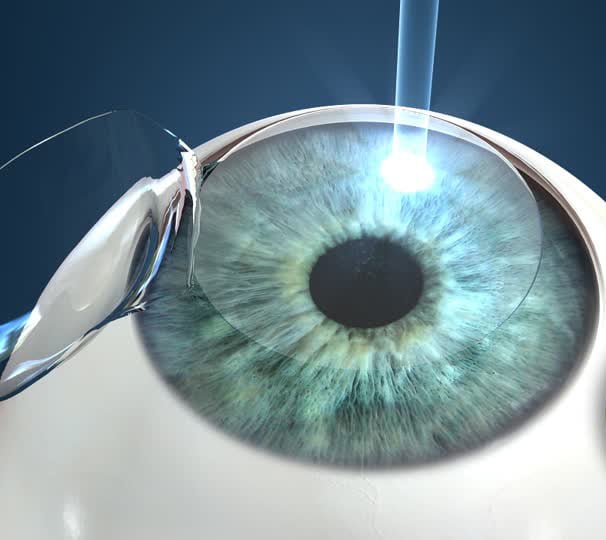
Understanding Your iLasik Eye Surgery Recovery
The recovery from iLasik eye laser surgery is usually swift and comfortable. Here’s a general timeline:
1. Immediate Post-Operative Period: You might experience mild discomfort and blurry vision, which should improve within a few hours. Read our blog about the day of your iLasik Journey.
2. First Few Days: Most patients can return to their normal activities within a day or two. However, avoid any strenuous activities that could strain your eyes.
3. First Few Weeks: Your vision should stabilize within the first few weeks. Regular follow-up appointments will be scheduled to track your progress.
Important Precautions After iLasik Eye Surgery
Here are some tips to ensure a smooth recovery:
- Avoid Rubbing Your Eyes: Rubbing your eyes can interfere with the healing process.
- Use Prescribed Eye Drops: These drops help prevent infection and inflammation.
- Wear Sunglasses: Sunglasses protect your eyes from sunlight and dust, which can cause discomfort.
- Avoid Strenuous Activities: Heavy exercise can increase blood pressure in the eyes, so it’s best to avoid it for at least a week.
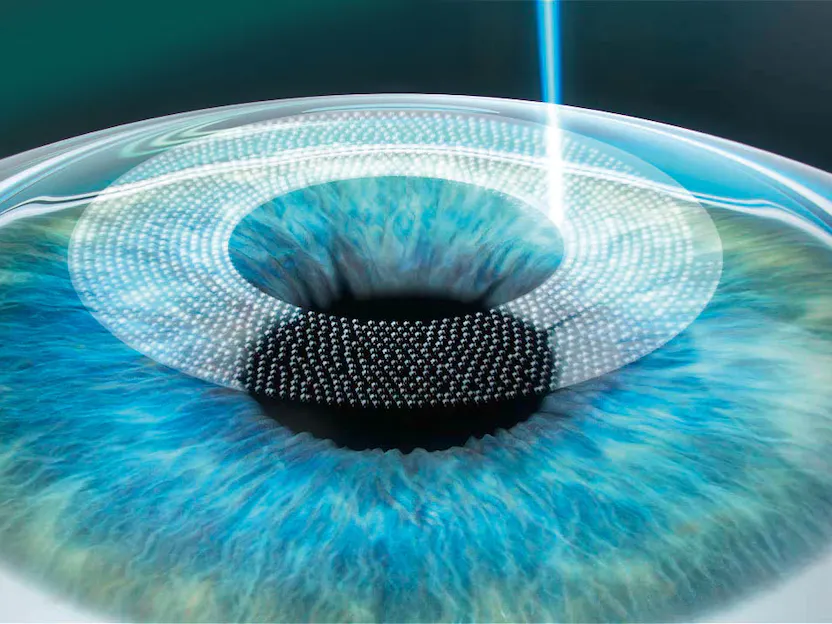
Preparing for a Successful Recovery
Before your iLasik eye surgery, your surgeon will provide you with detailed pre-operative instructions to ensure you are well-prepared for the procedure. These instructions may include discontinuing the use of contact lenses, avoiding certain medications, and arranging transportation to and from the surgery center. Following these guidelines will help set the stage for a successful recovery.
Managing Discomfort and Side Effects
While each person’s recovery experience is unique, it is common to experience some discomfort and side effects after iLasik eye laser surgery. Here are a few tips to manage these temporary symptoms:
- Dryness and Irritation: Use lubricating eye drops recommended by your surgeon to alleviate dryness and irritation. Avoid using any over-the-counter eye drops without consulting your surgeon.
- Sensitivity to Light: Wear sunglasses when outdoors, especially during the first few days of recovery, as your eyes may be sensitive to light.
- Blurred Vision and Fluctuations: It is normal to experience fluctuations in vision during the initial healing process. Your vision will gradually stabilize over time.
- Halos and Glare: Some patients may experience halos or glare around lights, particularly at night. This effect usually diminishes as your eyes heal.
Protecting Your Eyes During iLasik Recovery
To ensure a smooth and complication-free recovery, it is crucial to protect your eyes from potential irritants or injuries. Follow these guidelines:
- Avoid Swimming and Hot Tubs: Refrain from swimming or using hot tubs for at least two weeks after surgery to minimize the risk of infection.
- Use Protective Eyewear: If you participate in sports or activities that involve physical contact or airborne particles, wear protective eyewear to safeguard your eyes.
- Avoid Eye Makeup: Avoid using eye makeup for at least one week after surgery to prevent any potential irritation or contamination.
- Steer Clear of Dusty Environments: Stay away from dusty or smoky environments that can irritate your healing eyes.
Follow-up Appointments and Monitoring
Attending your scheduled follow-up appointments is vital for monitoring your progress and ensuring a successful recovery. Here’s what you can expect during these visits:
- Post-Operative Examinations: Your surgeon will conduct thorough eye examinations to assess your healing progress and address any concerns.
- Medication Adjustments: Your surgeon may make adjustments to your prescribed eye drops or medications based on your progress and individual needs.
- Addressing Questions and Concerns: Use these appointments to discuss any questions or concerns you may have about your recovery or ongoing eye care.
Resuming Daily Activities
As your eyes continue to heal, you can gradually resume your daily activities. However, it is essential to exercise caution and follow your surgeon’s instructions. Here are some general guidelines:
- Driving: Consult your surgeon before resuming driving. Ensure your vision has stabilized, and you feel comfortable and confident behind the wheel.
- Exercise and Physical Activities: Wait for your surgeon’s approval before engaging in strenuous exercises or activities that may put strain on your eyes.
- Work and Screen Time: Depending on your occupation, you can typically return to work within a few days. However, avoid prolonged screen time initially and take regular breaks to rest your eyes.
Long-Term Care for Optimal Results
To maintain the excellent results achieved through iLasik eye laser surgery, it is essential to prioritize long-term eye care. Here are a few recommendations:
- Regular Eye Examinations: Schedule regular eye examinations with your optometrist or ophthalmologist to monitor your vision and overall eye health.
- UV Protection: Wear sunglasses that offer UV protection when outdoors to safeguard your eyes from harmful sun rays.
- Follow Eye Care Recommendations: Adhere to your eye care professional’s recommendations regarding eye hygiene, contact lens usage (if applicable), and overall eye health practices.
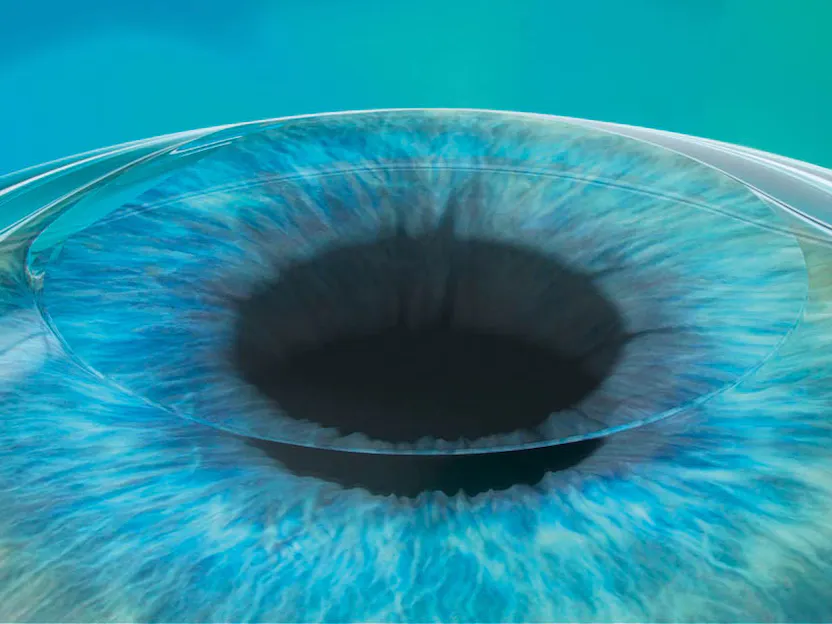
The More Clinics: Your Trusted Partner in Eye Care
At The More Clinics, we’re committed to providing you with personalized care throughout your iLasik eye laser surgery recovery. Our team of experienced medical professionals will guide you through each step of the recovery process, ensuring your comfort and safety.
Recovering from iLasik eye laser surgery requires patience and proper care. By equipping yourself with accurate information and seeking advice from trusted experts like The More Clinics, you can ensure a smooth recovery and excellent results. To learn more about our eye care services, contact us today.
GET A FREE CONSULTATION!
Let’s Start Planning Your Treatment %100 Guarantee Results.
Frequently Asked Questions about iLasik Recovery
A: The majority of patients experience significant visual improvement within the first few days after surgery. However, the complete healing process may take several weeks.
A: It is recommended to avoid using eye makeup for at least one week after surgery to prevent potential irritation or contamination.
A: It is best to consult your surgeon for personalized guidance on when you can safely resume exercising or participating in sports activities.
A: While iLasik surgery aims to reduce dependency on glasses, individual results may vary. Some patients may still require glasses for specific activities or correction of residual refractive errors.
A: iLasik eye laser surgery has a high success rate and minimal long-term risks. However, it is essential to discuss any concerns with your surgeon and follow post-operative care guidelines for optimal results.
A: It is generally recommended to wait until your vision has stabilized and your surgeon has given you the green light before resuming driving.

Written by The More Editorial Team and Medically Reviewed by Op.Dr.İbrahim Kaya who specialized on Eye Surgery, Retinal Surgery and Optalmology.
